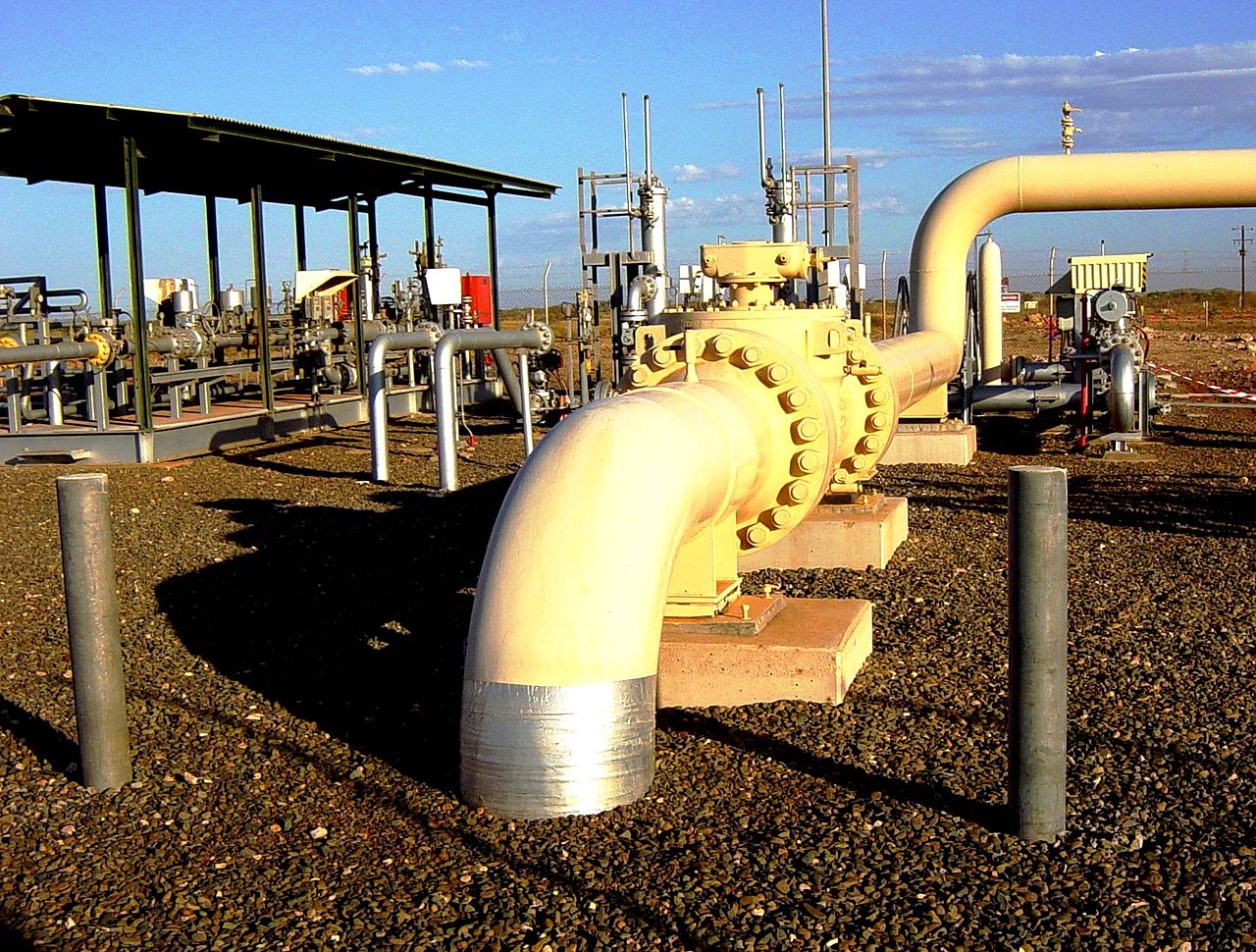BRUSSELS (Parliament Politics Magazine) – Volodymyr Zelenskiy, the president of Ukraine, accused Moscow of starting a “gas war” after the state-owned energy company Gazprom announced a sharp reduction in gas supply through its main pipeline to Europe starting on Wednesday.
Due to the technical state of the engine, the Russian gas export monopoly announced it was ceasing operation of one of the last two working turbines, reducing everyday gas deliveries via the Nord Stream pipeline to 33 million cubic metres per day, or roughly 20% of the pipeline’s capacity.
Following Gazprom’s announcement on Monday, the German economy ministry issued a statement saying they were monitoring the situation extremely carefully in close exchange with the federal network agency and the gas crisis team. According to their information, a decrease in deliveries had no technical reason.
In his nightly video message on Monday, Zelenskiy said that the action was intentional and asked the European Union to adopt more stringent penalties against Russia. Russia was deliberately doing all of that to make it difficult for Europeans to be ready for the winter. And Russia was waging an open gas war against a unified Europe.
An incentive for the EU’s 8th package of sanctions to be substantially stronger, he said, referring to Moscow’s “gas blackmail of Europe.”
After a 10-day maintenance interruption, the Nord Stream 1 pipeline started gushing again last week, but the European Commission has cautioned that a complete gas shutoff by Russia is likely.
The declaration came as EU nations argued over a goal for a 15 percent gas saving target designed to prevent a winter crisis in the event of the Kremlin shutting off the taps to Europe. The EU wants to use less gas now so that storage can be built for the winter.
Last week, the EU executive accused Moscow of using energy as a “weapon” and urged its 27 members to accept a voluntary target of saving 15% gas which might become obligatory in case Brussels announces a supply emergency.
The 27 energy ministers of the EU had gathered in Brussels on Tuesday in the hopes of endorsing a proposal of 15% gas savings. Instead, nations from all around Europe have voiced opposition, particularly Spain and Portugal, the two nations that are largely cut off from the gas pipeline network of the EU.
The proposals are thought to have been created for Germany, which is struggling to break its decades-long reliance on Russian gas and now faces energy rationing. In a nod to the acrimonious discussions about bailouts, debt, and blame that raged during the eurozone crisis ten years ago, southern countries argued that their citizens shouldn’t be forced to pay a price for the past policies of others.
Teresa Ribera, the deputy prime minister of Spain, claimed last week that her nation was being forced to make a “disproportionate sacrifice,” citing investments in LPG infrastructure that her nation had made at a cost to Spanish businesses and consumers. Ribera made unusually sharp remarks, saying, unlike other nations, the Spaniards had not lived above their means from an energy point of view.
Portugal’s energy minister, Joo Galamba, told local media last week that his country was absolutely against the proposals since they did not take into account the needs of either Spain or Portugal, which have limited gas connections to the rest of Europe. In addition, due to a severe drought that has decreased hydropower output, the Iberian countries are consuming more gas to provide electricity.
Poland has expressed concerns about the security of its energy supply. Warsaw wouldn’t agree to any solutions that could result in the use of Polish natural gas reserves for the requirements of other member states, a Polish official declared.
Poland, the Netherlands, France, Italy, Denmark, and other nations rejected giving the commission the authority to declare a supply emergency. It is suggested that this crucial choice be made by EU member states instead.
Countries can receive an exemption from the 15% target if they are not connected to any other member states’ gas interconnector systems, under updated plans, which the deputy ambassadors of EU were still discussing on Monday. If nations promise to deliver gas to any member countries in need, the target may also be lowered.






